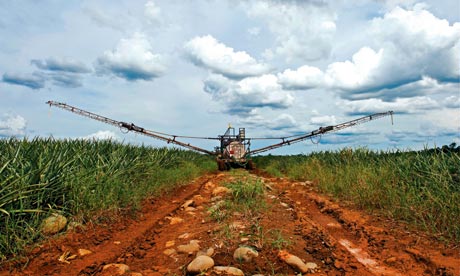Pixton.com is a great website that allows learners to create online Comic Strips that can be used as a valueable way to display concepts, ideas and as a revision tool.

The website offers learners with he opporuniy to create their own storyboards giving them the opportunity to be creative and engaged in the activity. However the software is cost money to be registered and use, however it canbe downloaded for a 14 day trail whoch could be enough time to use it for a topic.




